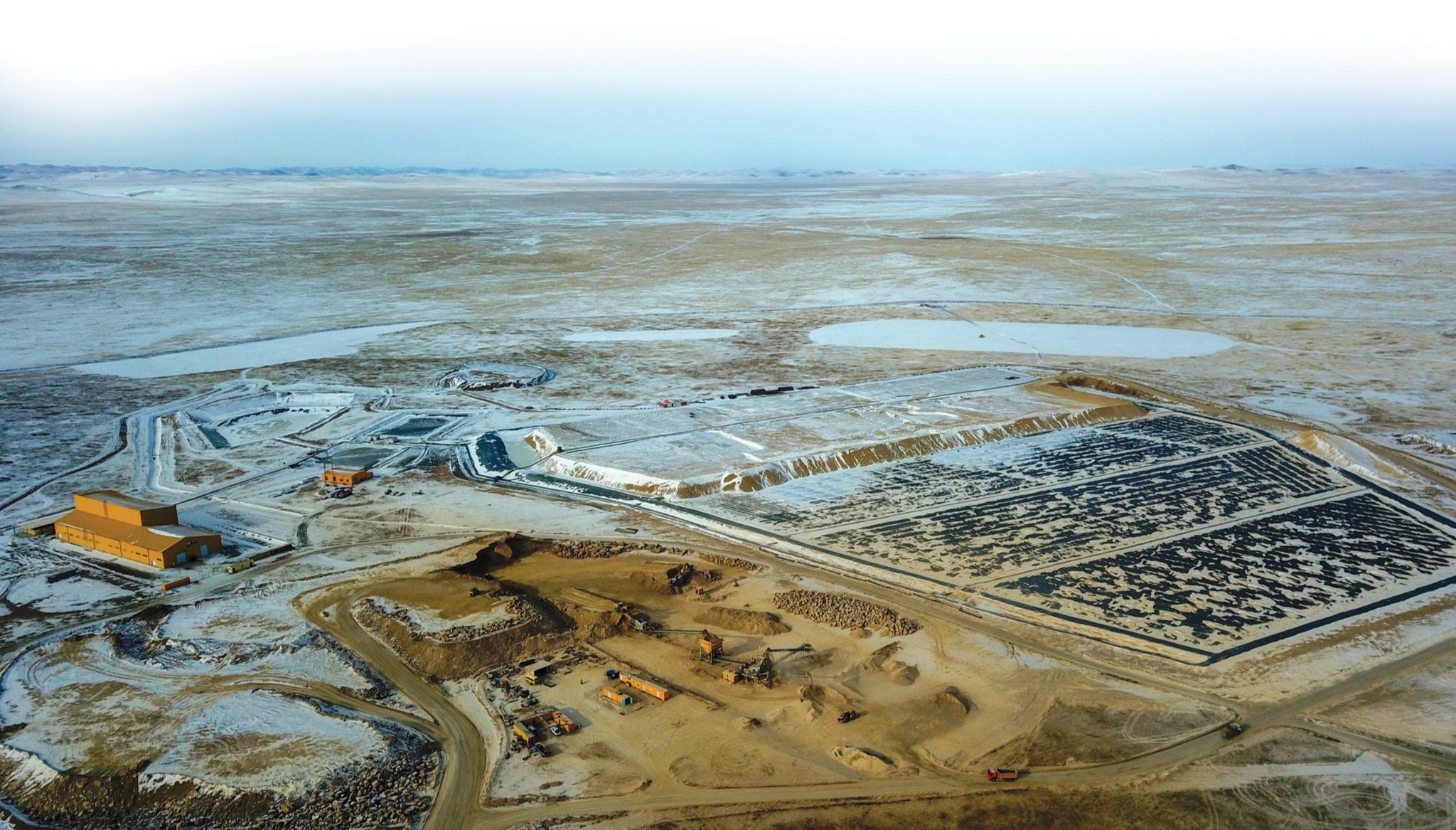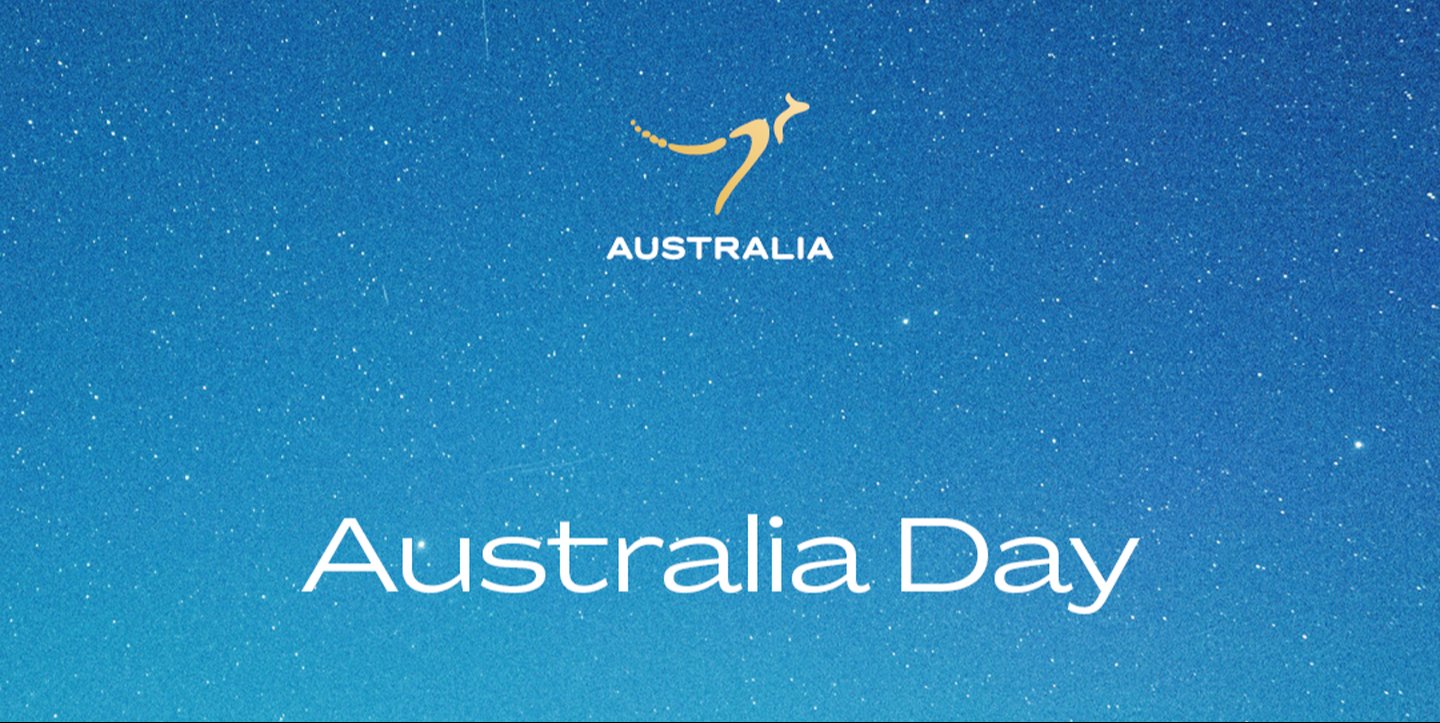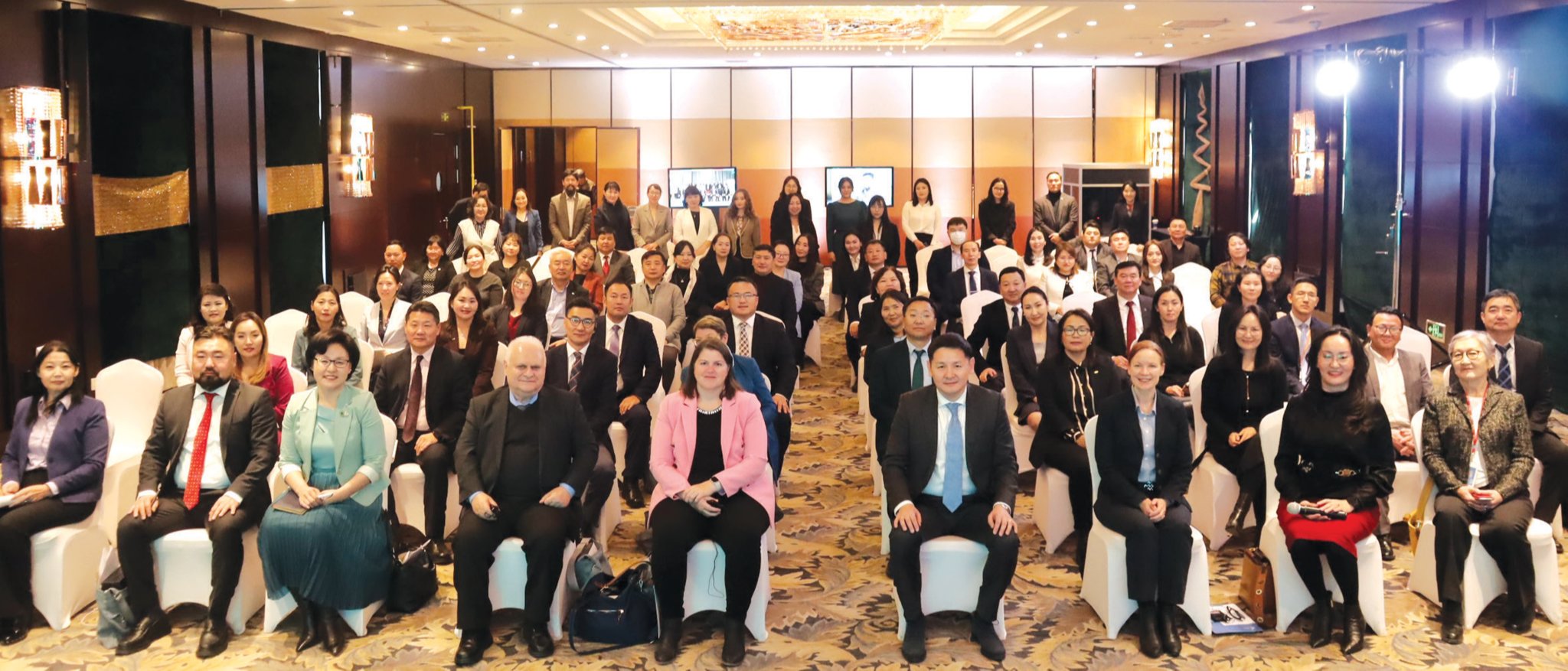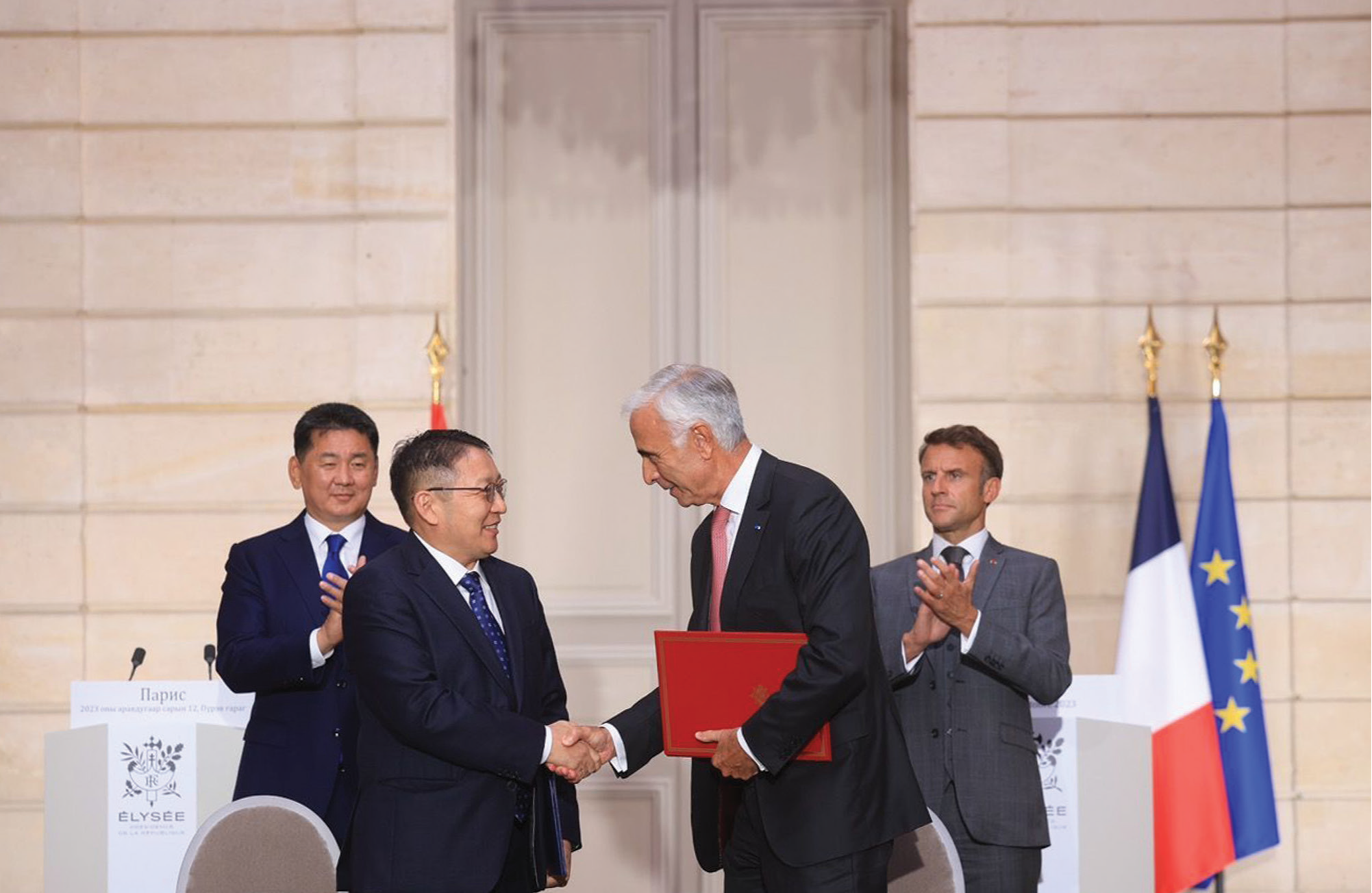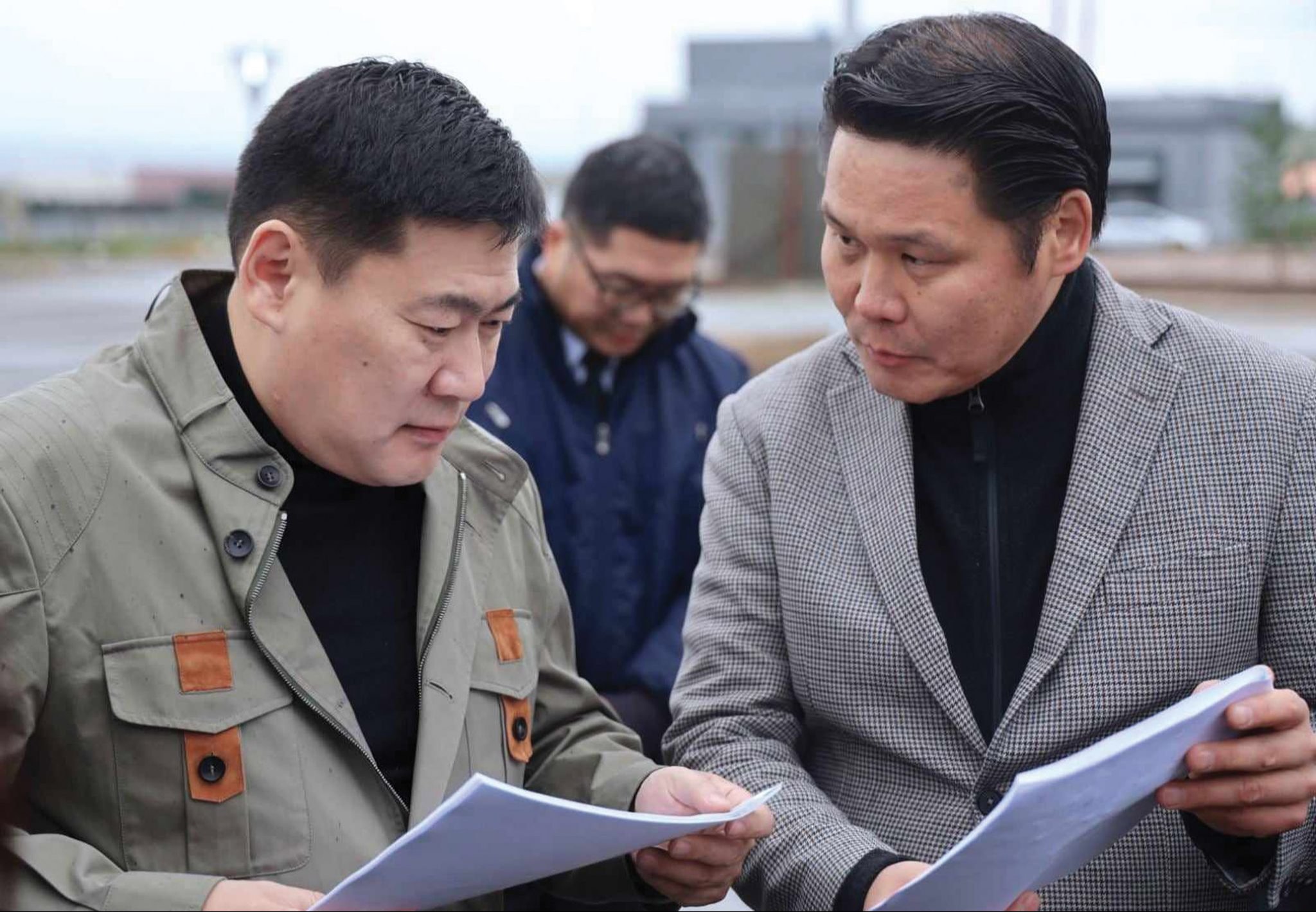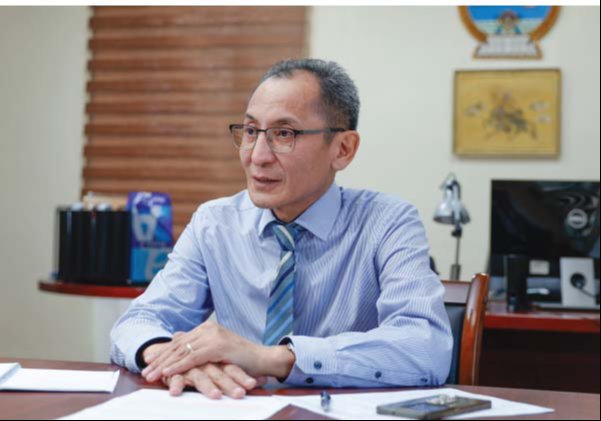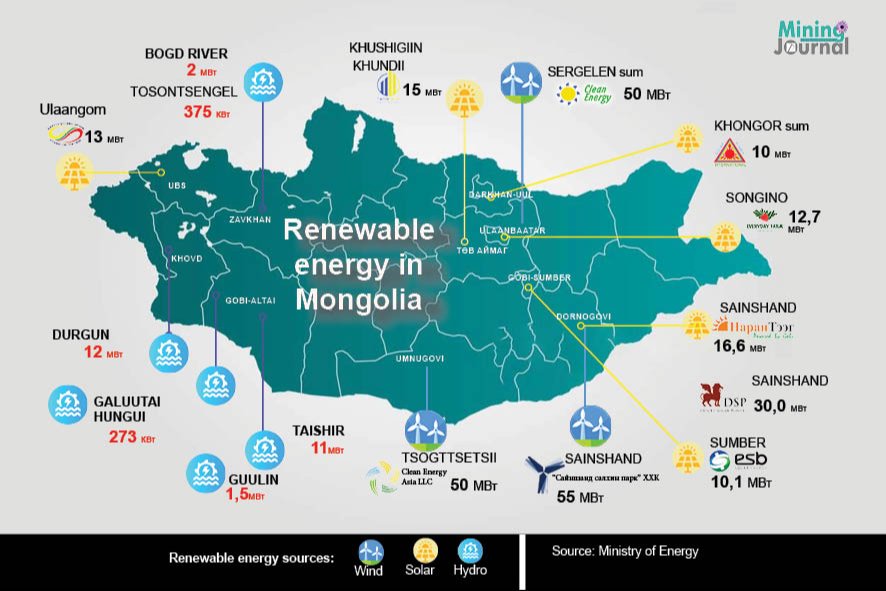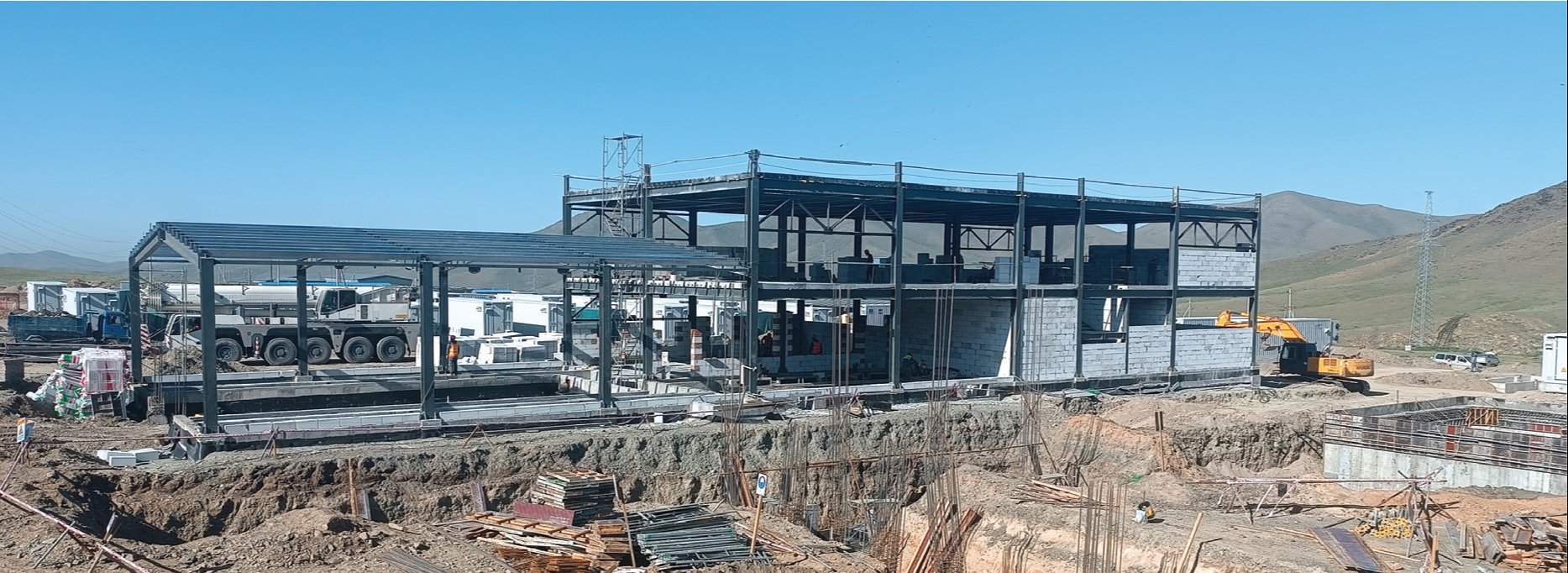Recent news
THE NEW REGIONAL DEVELOPMENT POLICY CANNOT BE ALLOWED TO FAIL
The draft resolution on declaring the current year as the Year of Regional Development Support was discussed and approved at a regular Cabinet meeting on 27 December 2023. During the break in the 2023 autumn session of the Parliament, officials were instructed to organize meetings and discussions to explain policies and regulations on regional development to the public.
AN ECONOMY DEPENDENT ON COAL
Coal is the main source of our country’s export earnings. At the end of September, coal exports amounted to 47 million tons, and, by the end of the year, this figure may reach 52 million tons
AUSTRALIA’S NATIONAL DAY CELEBRATED IN MONGOLIA
Ulaanbaatar. Australia Day is the official National Day of Australia. Celebrated annually on the 26th of January it symbolises an Australia that reflects the nation’s diversity. For Australians at home and abroad, it is a day to celebrate coming together and connecting with family, friends, and community to 'Reflect. Respect. Celebrate'.
Entering the new year in better form after economic recovery in 2023
It is time to assess the changes and reforms in Mongolia’s economy Mongolia during 2023. The national economy grew by 6.4% in the first half of 2023, and activity improved further in the third quarter, with growth reaching 6.9%. This was mainly influenced by the recovery of the mining and transportation sectors, and growth is expected to continue until the end of the year, emphasized B. Lkhagvasuren, President of the Mongol Bank, presenting the decision made by the Monetary Policy Committee 2023.
Justifying the expanded budget for the election year 2024
The 2024 budget figures can be explained by the upcoming elections, but if you look at them carefully, the budget includes the inevitable increase in salaries, pensions, and allowances approved by law,” Finance Minister B. Javkhlan said.
MONGOLIA IS PREPARING TO ENTER THE GLOBAL URANIUM MARKET
In May 2023, French President Emmanuel Macron paid a state visit to our country. During the visit, the two countries agreed to cooperate in several areas, including in the uranium sector. Five months later, the first state visit of Mongolian President U. Khurelsukh to France took place on October 10-14 at
MONGOLIA MUST DEVELOP POLICIES FOR ADVANCED TECHNOLOGY INDUSTRIES
In addition to mega projects such as the construction of a copper smelter and industrial complex that have been discussed for ten years, the time has come to lay down the foundations for high-tech industry that is capable of manufacturing finished products, even small ones.
Countries around the world are focusing on dominating the market with green technologies. That also means correctly assessing future demand for copper. Mongolia currently exports raw materials such as copper on a small scale, and needs vision and integrated policies to develop high-tech value-added industries.
G.Manlaijav: Mongolia will emerge as a new player in the global uranium market
Human development cannot be separated from energy. The development path of any country is inextricably linked to the energy sector. Currently, there is a growing demand for inexpensive, safe, and clean energy all over the world. To address the challenges of global climate change, and energy crisis and meet the growing demand, countries are increasingly interested in nuclear energy.
ENERGY “POWER BANK”
Within the framework of Mongolia’s long-term development policy, “Vision-2050” and the Government’s “New Revival Policy”, the task of accelerating the revival of the energy sector is being successfully implemented.




